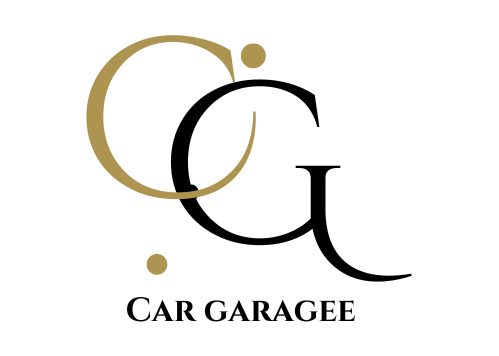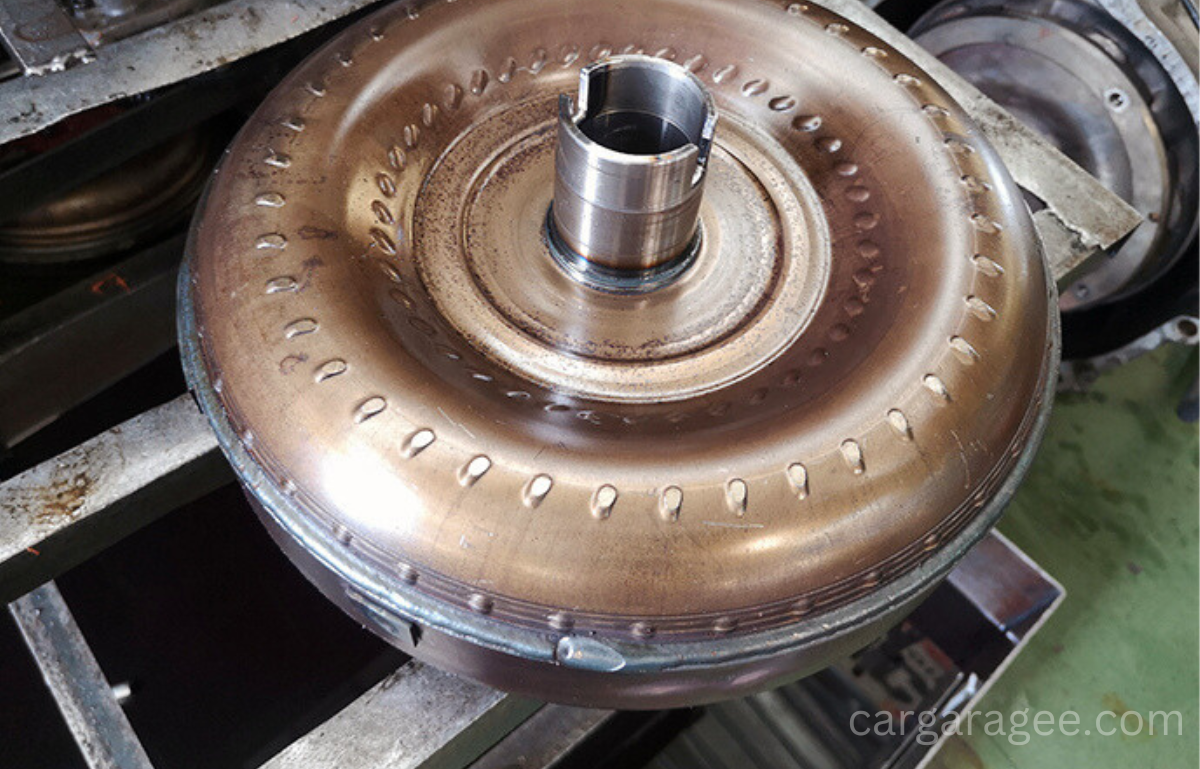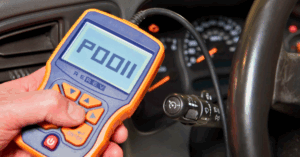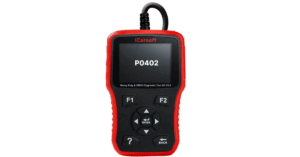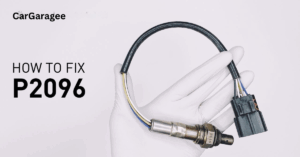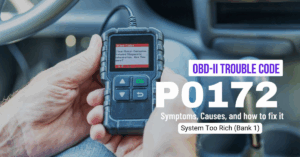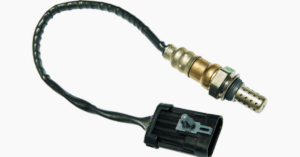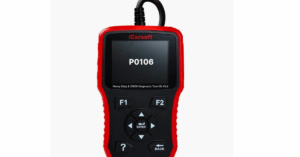Consequently, each car owner knows how useful it is to carry out regular car maintenance. However, a better understanding of your car’s important parts, mainly the bad torque converter vs bad transmission components, will help.
In the huge network of machines that make your vehicle function perfectly, two components, a torque converter and a transmission, play vital roles.
Both have specific functions and when either stands faulty, it becomes nightmare for every vehicle owner. A complete understanding is required for the problems to be dealt with effectively. Let’s start on this informative tour.
What Does a Torque Converter do?
The torque converter of your vehicle is like the clutch of the car with manual transmission. Unlike an ordinary manual transmission, the converter utilizes the fluid in order to charge the transmission. It is done in-order to ensure that your engine does not stall.
Today, if you use the automatic transmission system in your vehicle, you have already dealt with torque converters. Those are some of the most complicated internal parts of your vehicle. The engine is connected to the transmission through a clutch. Therefore, the vehicle will stop completely without risking damaging the engine. Cars that use an automatic transmission have a torque converter that connects the engine to the transmission.
This component looks like a doughnut and is connected directly between the transmission and engine. There are a couple of successive blades that are directed in the opposite direction inside the converter. This will be on the inside with transmission fluid that helps in the process of power transfer from the engine to the transmission. Torque converters treat energy transmission as a top priority; therefore, they only generate as much as is required and restrict all heat buildup.
Advantages of Using a Torque Converter
Some benefits of using the torque converter are:
- It enables the engine to run at a different speed compared to the transmission, and it can be useful for fuel economy.
- It is generally more efficient than other liquid coupling like hydraulic clutches.
- It can provide power regulation even better than a clutch, which can be useful while driving away or accelerating.
- It effectively stops transmission damage from those shocks that arise during the process of gear shifting.
What Are Disadvantages of Using a Torque Converter?
Some disadvantage of using a torque converter are as follows:
- They are more complicated and costly than other type of hydraulic couplings.
- If they become faulty, they may result in the damage of transmissions.
- Locked-up converters are often incompatible with all transmissions.
- These can lead to vibrations that drivers can feel through the steering wheel or the floorboard.
Which vehicles have torque converters?
Usually, many automatic transmission cars are equipped with a torque converter. As for VAG and BMW models, some of them have dual-clutch, and some have torque converters, especially luxury ones.
Examples of cars without torque converters include the majority of vehicles equipped with manual transmissions, electric vehicles, DSG (Direct Shift Gearbox) like in most of the VAG models, CVT (Continuously Variable Transmission) and the AMT (Automated Manual Transmissions).
ALSO READ:
What Does The Tpms Light Honda Means?
Emissions System Problem Honda: Causes and Solutions
WHAT TO DO WHEN YOUR Check Engine Light Flashing?
What Does the Service ESC Light Mean? Should You Worry About It
Signs of a Bad Torque Converter
Slipping
It’s uncomfortable when your car almost loses control in the middle of a trip, like a sudden power cut-off. Such a situation can be related with the torque converter’s failure to maintain the required hydraulic pressure.
Overheating
Cars, in some way, communicate their uneasiness. When your dashboard suddenly lights up with a temperature warning, do not take it lightly. The faulty torque converter will cause the transmission fluid to get spoiled, which leads to overheating.
Shuddering
Do you remember those days when you went outside to start your stubborn lawn mower, which vibrated with resistance? If your vehicle shows the same behavior as the engine goes faster, mostly on acceleration, it may indicate that your torque converter is faulty.
What Is Automatic Transmission?
Automatic transmission utilizes a complicated combination of valve bodies, clutches, gears and solenoids to make the transmission automatic, which a driver does himself while shifting in manual transmission. Moreover, the automatic transmission is much more complex than the manual one.
Signs of a Bad Transmission
Various reasons can cause faults in transmission. Some of the bad transmission symptoms are as follows:
Fluid Leakage
Have you found a puddle beneath your car? You wonder! You should look for signs of transmission fluid leakage, especially if this fluid is reddish or brown. This condition is a red flag indicating possible transmission problems.
Grinding or Strange Noises
A car should not sound like an alarm in the morning. You want to snooze whenever you hear it. Clicking, grinding, or whining sounds are ways to determine transmission problems.
Delay or No Response
Just imagine pushing the fan button and waiting for it to obey. Annoying, right? Similarly, delaying your car’s movement after acceleration indicates transmission issues.
Torque Converter Replacement Cost
So if you find your converter malfunctioning. The cost of repairing it can be greater than the cost of simply replacing it, so in that case you should take opinion from a professional mechanic. If you plan to do the replacement yourself, then you’ll have a replacement cost between $150 to $500.
But replacing from the repair shop will cost you between $600 to $1000 depending on the labor rate of the repair shop. The labor cost should be between $400 to $700 mostly and a new part can range from $150 to $500.
If this seems too expensive to you then replacing yourself remains the only option and its also cheap. I will also recommend you to change the transmission fluid at the time of converter replacement which can vary from $125 to $250.
Conclusion:
The health of a converter of an automatic transmission vehicle is vital for smooth driving. Avoiding its malfunction requires excellent and regular maintenance and responsible driving practices. So we are here to provide all the information you need to help you keep the maintenance of your car.

Mian Hashir is a passionate automotive enthusiast and the lead author at Car Garagee, a website dedicated to providing in-depth car reviews, maintenance tips, and the latest news in the automotive world. With years of experience in the industry, Hashir combines his technical knowledge with a love for cars to deliver insightful and engaging content. Whether you’re a car owner or a curious reader, Mian Hashir’s articles help readers make informed decisions, from choosing the right vehicle to understanding how to keep it in top condition.
